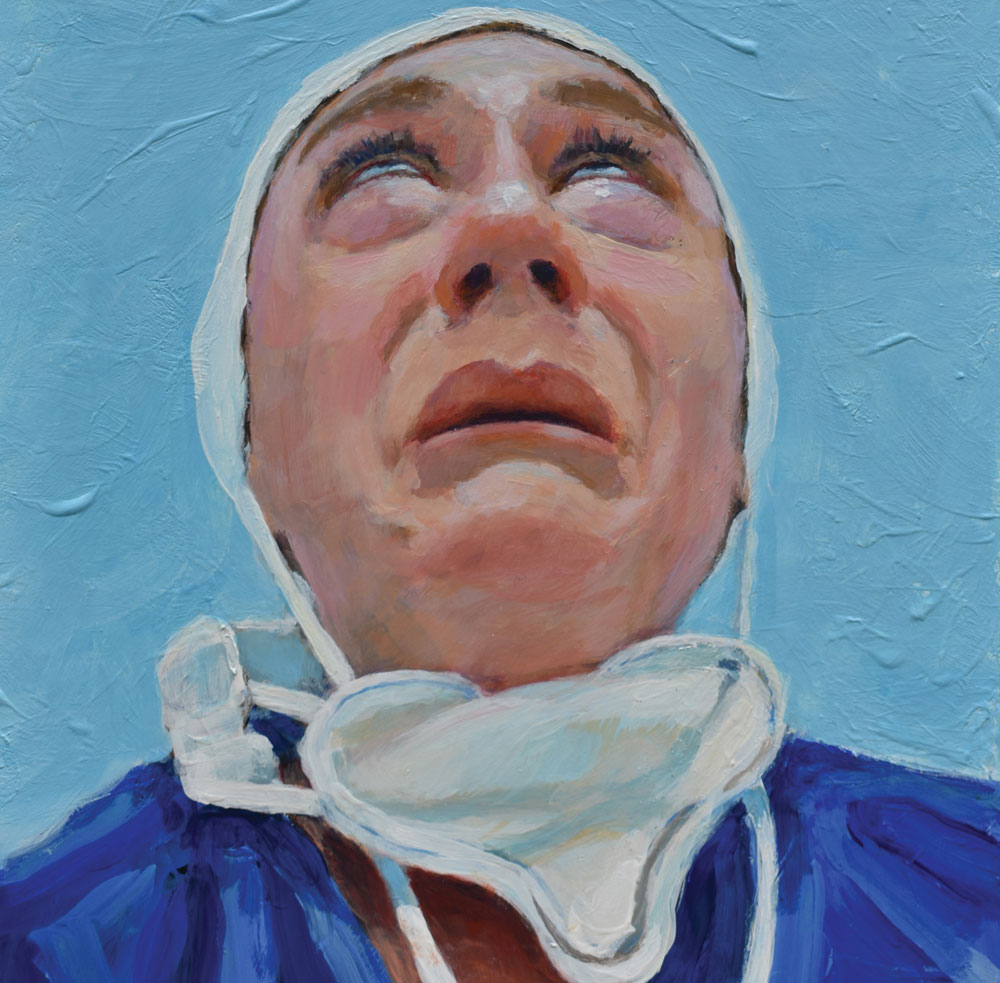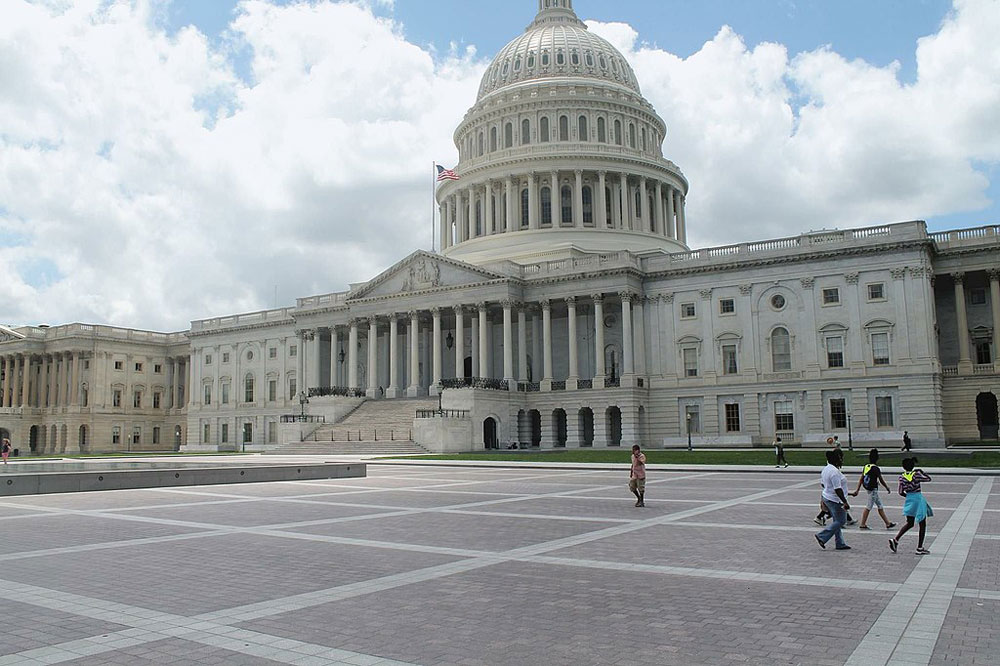October 26, 2011; Source: Center on Philanthropy at Indiana University | Consider this an installment on a longer analysis of an important clarifying study entitled, “Impact of The Obama Administration’s Proposed Tax Policy Changes on Itemized Charitable Giving” which estimates the impact of capping the charitable tax deduction in the way that has been proposed by President Obama as part of his plans for financing health care reform and more recently his job creation legislation. [Note: While the President’s proposals for those specific bills haven’t gained traction, the cap on the charitable deduction remains as part of the Obama proposals that are under consideration by the supercommittee charged with finding $1.2 trillion in deficit reduction spending cuts and revenue increases]
A summary of the study released today from the Center on Philanthropy at Indiana University (publishers of the annual Giving USA Studies) states:
“The Obama Administration’s proposals to reduce the charitable tax deduction for wealthy households and to increase the marginal income tax rates they pay would, by themselves, have a modest negative effect on itemized charitable giving.”
The first proposal would reduce the value of itemized charitable deductions from the current 35 percent to 28 percent in 2012 for taxpayers with an adjusted gross income over $250,000 for couples or $200,000 for individuals. The second proposal would raise the marginal income tax rate from 35 percent to 39.6 percent in 2013 for those taxpayers.
The study looks at how itemized charitable giving would have been affected in 2009 and 2010 (using historical tax data) if the proposals had been initiated in those years, respectively.
“Our estimates indicate that if the Administration’s proposals had taken effect in 2009 and 2010, total itemized giving would have declined by 0.4 percent in the first year and by 1.3 percent in the second year,” said Patrick M. Rooney, executive director of the Center on Philanthropy. “This suggests a relatively small direct impact.
Sign up for our free newsletters
Subscribe to NPQ's newsletters to have our top stories delivered directly to your inbox.
By signing up, you agree to our privacy policy and terms of use, and to receive messages from NPQ and our partners.
Rooney goes on to state that “combined with the weak economic climate, funding reductions and increased demand for services already affecting some nonprofits and their constituents, these changes are likely to have an additional negative effect in the long term.”
The study indicates that the higher tax rates, which would go into effect in the second year, would have a larger impact on giving than would capping the charitable deduction at 28 percent.
“Ultimately, changes in household economic circumstances have a greater impact on charitable giving than do tax rate changes,” Rooney said.
“Regardless of tax policy, improving the economy is critical to increasing charitable giving.”
The Center says that the study provides conservative estimates of the impact of the Administration’s proposals. Several additional factors, such as when the changes go into effect and how that specific timing affects donors’ behaviors, could also affect the impact of the proposals. For example, donors might choose to “pre-give” in an earlier year to take advantage of more favorable tax treatments before the changes take effect. Donors’ perceptions of whether the changes are likely to be temporary or permanent might also affect the impact on giving.”
—Ruth McCambridge











